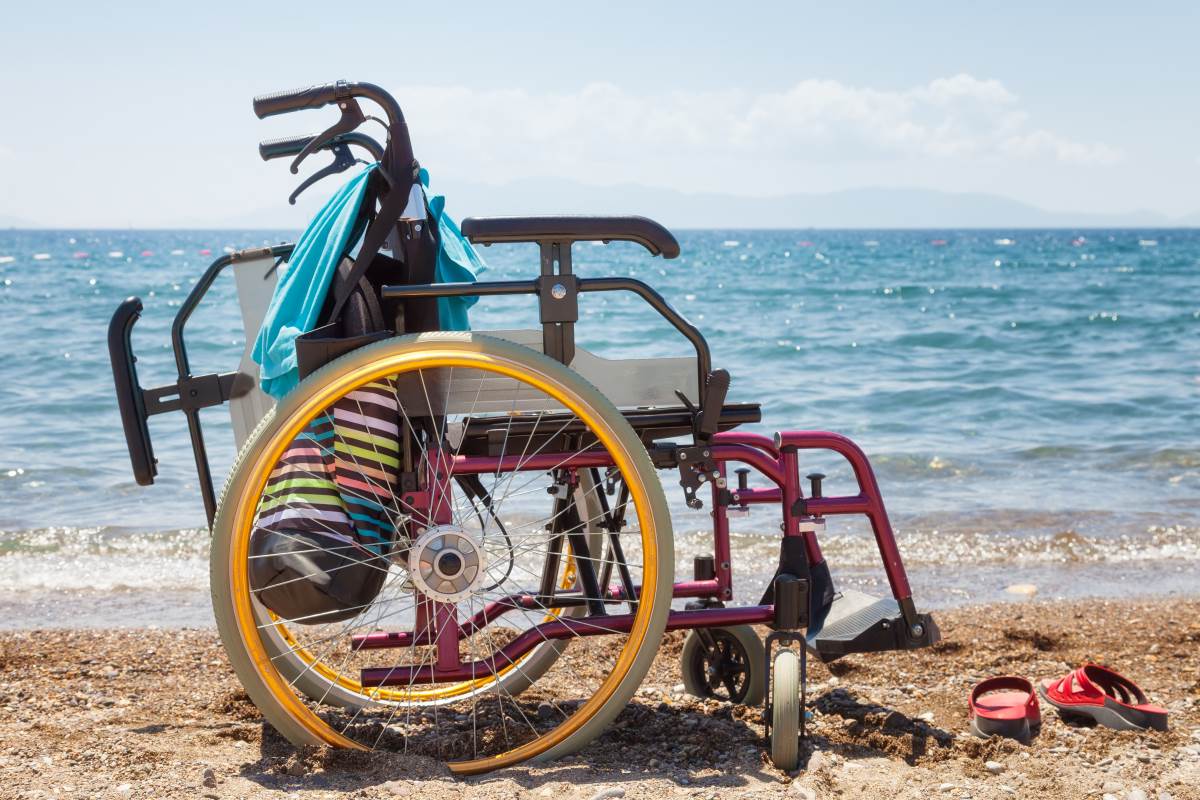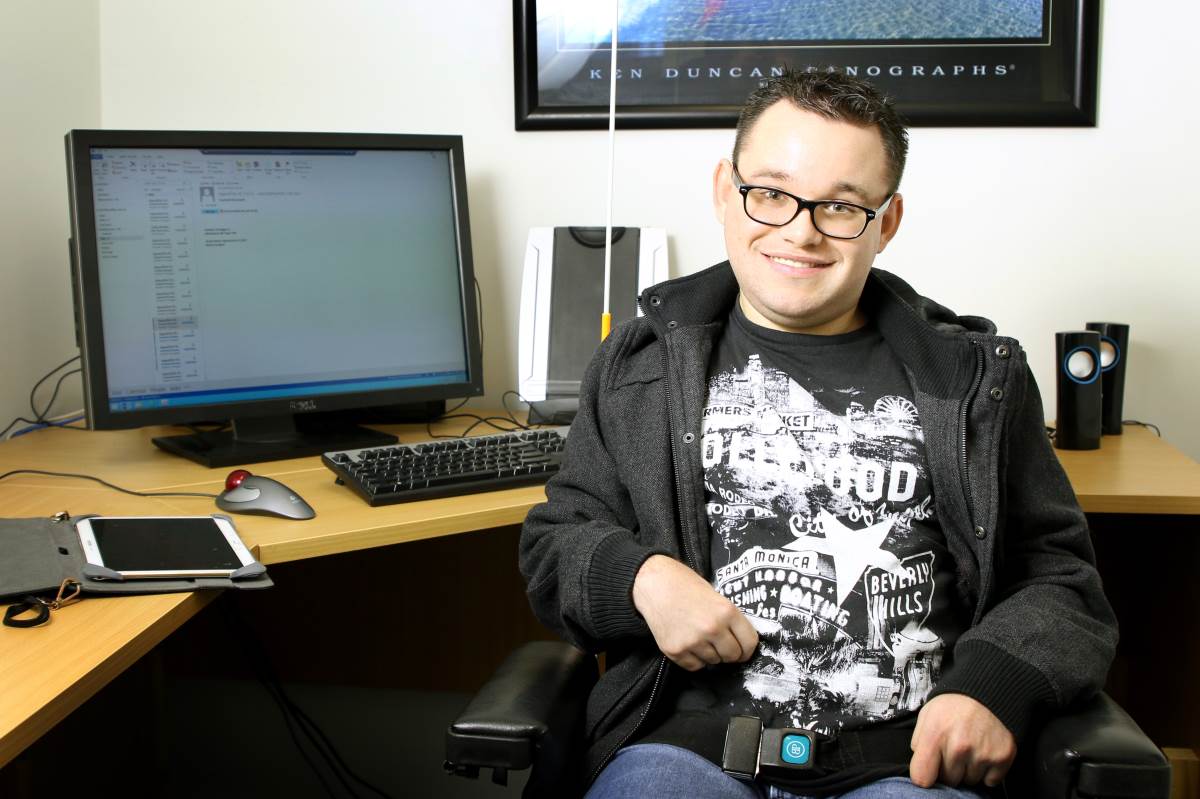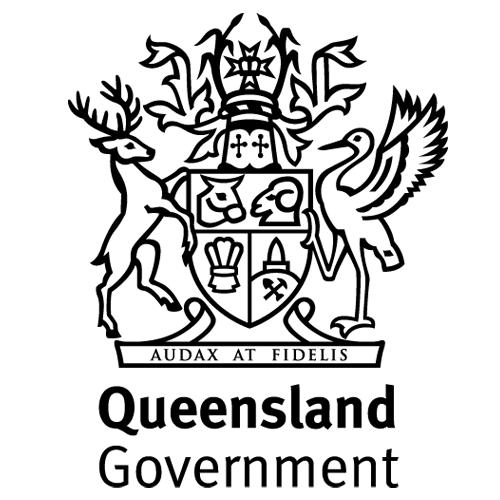WANT TO INVEST IN SDA PROPERTY, OR LOOKING AS PARTICIPANT?
SDA Housing Investments Blog
Understanding the NDIS: will parents of newly diagnosed children with disability be left in the dark?

by, Alison M Marchbank
On July 1 2016, the National Disability Insurance Scheme (NDIS) moved from a trial phase to a full national roll-out. In this series on Understanding the NDIS, we explore how the scheme works, why Australia needs it, and the issues to be addressed before eligible Australians, such as many Indigenous people with disability, can receive the benefits they are entitled to.
The National Disability Insurance Scheme (NDIS) emphasises a commitment to social justice that values a person’s right to choose and purchase the service they want to support their everyday living.
In the case of infants and young children diagnosed with a disability, the scheme will provide funding for early intervention, therapy and respite services, as required and chosen by their parents.
For new parents with young children diagnosed with developmentally challenging conditions – such as hearing loss, cerebral palsy or autism spectrum disorder – coming to terms with the diagnosis is part of their adjustment journey.
It is broadly accepted that providing family-centred services to parents as soon as possible after diagnosis benefits the child’s developmental progress and their family’s adjustment to changes in their circumstances.
The NDIS is a move to a direct payment scheme and reflects a different model of funding arrangements. So what will becoming a purse-holder, with the added pressure of having to choose your own options, mean for families with a newly diagnosed child with a disability?
Early intervention
In Australia, specialist services and early years programs for families and children with disabilities are known as early intervention and are typically free of fees. These programs, organised through not-for-profit (NFP) agencies, provide families with a professional contact to help with information and understanding after receiving a diagnosis for their child.
Many of the NFP agencies have grown from humble beginnings, such as from faith-based or community sponsorship, and become established in local disability networks.
Funds from state governments, known as block funding, have assisted the NFP sector to grow and develop into responsive local groups, skilled at working with families.
As a result, health and education stakeholders acknowledge early intervention practice as playing a vital role in helping children diagnosed with disabilities integrate into early years education.
For parents, the process of enrolling in an early intervention service gives them opportunities to visit agencies and see their programs. They can then reach decisions according to their perceptions of their child’s difficulties.
Research reveals that developing a relationship with parents as a partnership is fundamental to quality early intervention practice. When services are delivered in a family-centred way, this assists parents to make their own choices at their own pace.
Services and early years programs for families and children with disabilities are known as early intervention. from shutterstock.com
Under the NDIS, the type of informal support that comes from a parent’s initial engagement with an agency offering such programs, to talk and find out what early intervention is and how it can help, will not be a funded service. In fact, it will no longer exist.
This in turn will make it difficult for parents to know whether or not they need to apply for disability funding.
NDIS eligibility
Parents will need to establish their eligibility for the NDIS before they can receive professional support from any early intervention services.
In referring to the NDIS literature and websites to establish the terms of their accessibility, parents will discover little of the fine-grained information about what it might mean to be a new parent of a child diagnosed with a disability.
For instance, there are few images on the early years documentation showing babies or young children which might assist parents to relate to their situation.
As much as early information is available to families from clinical sources, the language is medical and reflects risk and delay, rather than the practicalities of parenting a child with particular needs.
Yet, in the new scheme, only when parents draw on this type of information to establish eligibility for the NDIS will they be entitled to make a claim on behalf of their child and identify a service or program.
Accordingly, units of service, such as home visits or a group session, attract a standard fee to be costed in advance into a funding package. With this package, parents can approach an agency offering an early intervention program to provide the services listed in their package.
Parents must choose before they know or understand what early intervention is.
So those important first conversations about what it means to parent a child with a disability are now packaged; families are consumers, although not necessarily well-informed ones.
Infants and young children are increasingly surviving very low birth weights and complex health needs, which often lead to developmental difficulties. These are emerging categories, with attendant emerging implications in terms of early identification and support needs.
The NDIS brings an expectation that all parents can and will be able to understand and articulate, with sufficient clarity, their eligibility for services and receive the support they need. The conundrum the NDIS presents is that requiring individual choice, in many cases, will fly in the face of individual empowerment.










